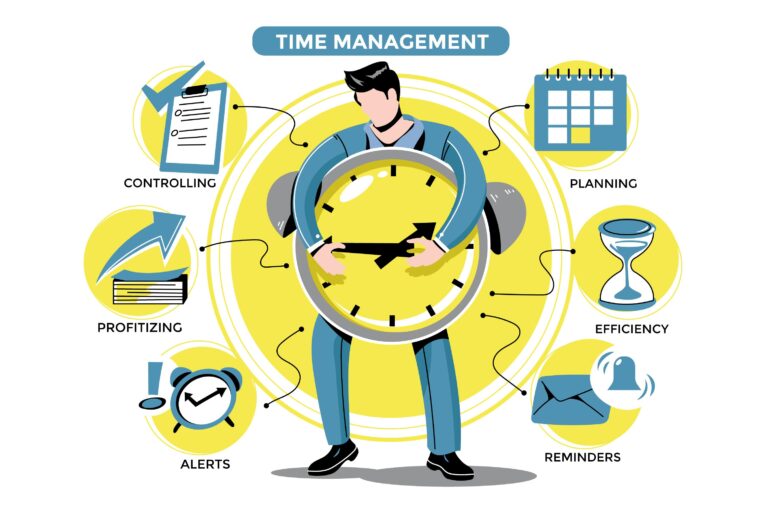Researcher mindset
Ph.D. research is seen with awe; others seldom see the effort, hard work, and the thought process except for family and close friends of the scholar. Researchers can be better prepared if they start research with a preparedness mindset.
The researcher mindset is a fundamental aspect of successful academic endeavors. Cultivating a strong research mindset involves developing the ability to think critically, approach problems analytically, and seek innovative solutions.
Even before starting to seek admission to any University or Institute, the time is right to prepare for a life as a researcher. Are you anxious or worried, unsure or have low confidence or excited and eager, enthusiastic about starting your research? Let us put these on a scale of seven. Where do to find yourself?
Also Read: Research Process
If you are on the positive side, read on.
If the initial approach to research is positive, the journey will look more straightforward. If you have identified your topic for research, quite possible you have started reading a little more on it found which University is offering this subject and which Department is offering it. If you have gone further, find from the websites the Experts or Professors in the field at that University. It is easy to know their areas of expertise from the Profiles on the University website or social media like LinkedIn, Google Scholar, ResearchGate, Academia.Edu, and others. You can check out the kind of research papers or books they have published or books, papers they have presented, and from their posts. Downloading and reading are ways of getting deeper into a subject area. You must feel interested and better still, passionate about the subject of research. Research on mindset reveals the importance of resilience, adaptability, and a growth-oriented perspective.
Read on if you have sought admission and been assigned a supervisor to guide you through research.
How positive you feel toward your supervisor is crucial. Your relationship with your guide can significantly influence your attitude towards research and your motivation. If you trust your supervisor, you will be more accepting of any suggestions and advice. Your sense of security will be more remarkable when you have cordial relations with your supervisor.
The thesis is the final submission for Ph.D. Once submitted, you are only refreshing all that was done and preparing for the open defence or viva-voce examination. It becomes less stressful when you are aware of what the thesis entails. Going through half a dozen thesis on various topics related to my subject before registering for a Ph.D. program helped me understand what is expected. That is part of the battle won!
If you are going to balance between work and research, read on.
If you are a working professional and wondering how to balance Ph.D. research along with a hectic work schedule? A good thought! However, there is nothing impossible! Even if you were not working, you might not have been able to devote long hours to research alone. Being a late career researcher, I have enjoyed the research experience. Find tips that will help you keep focused on the short time you make available. It all depends on how prepared you are. A well-honed research mindset allows scholars to navigate the challenges of their field, embracing curiosity and a commitment to continuous learning.
When you go on a journey, you pack your bags and get going; just as in research, you gear up for a fruitful research journey. By nurturing their research mindset, individuals can contribute meaningfully to their chosen field of study and make lasting impacts on their academic and professional communities. Get yourself prepared by sharpening your research skills strengthening weaker areas, and above all – your mindset. Checkout how ready you are to take on research – book a free consultation https://sumanmundkur.com/







